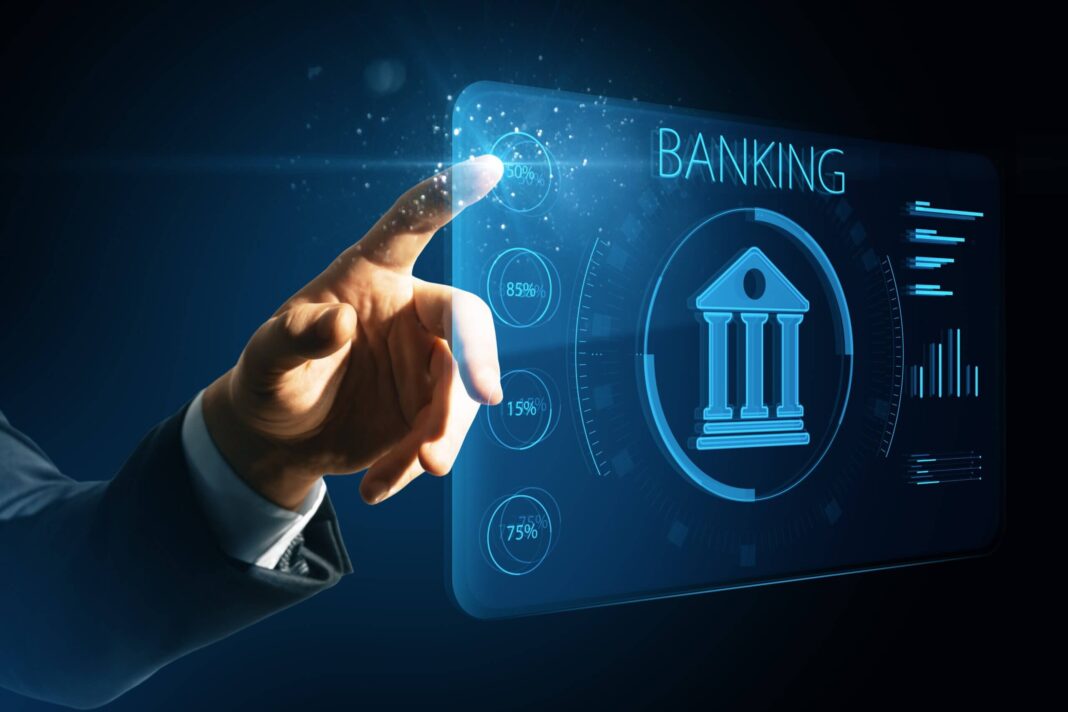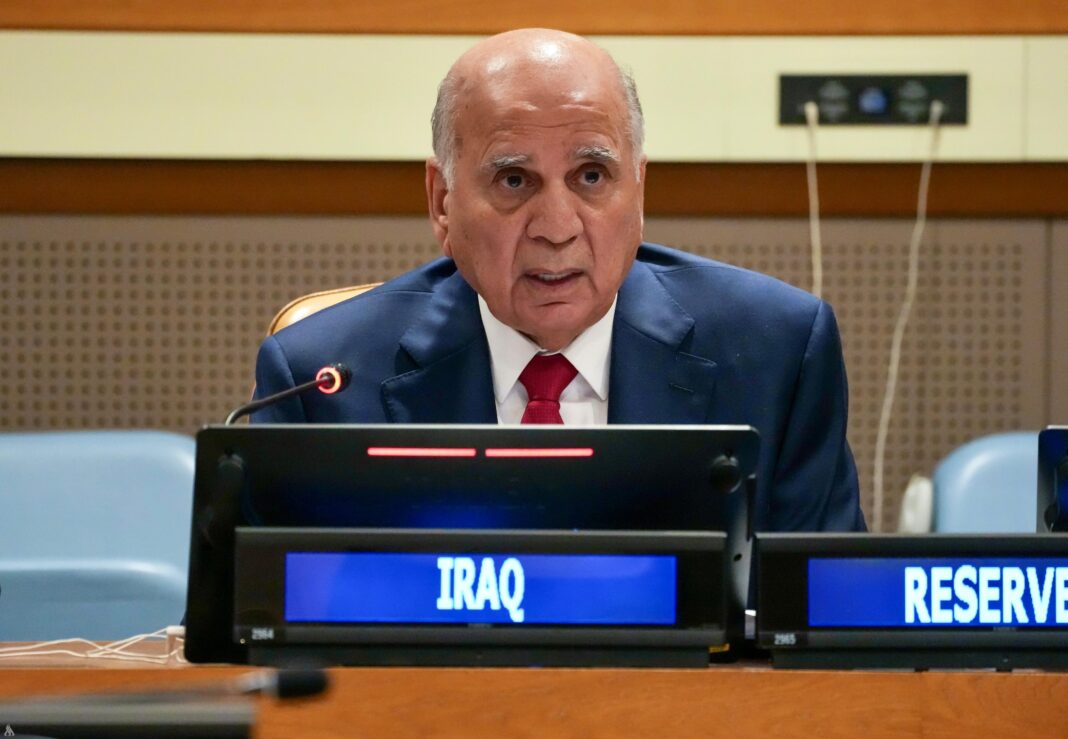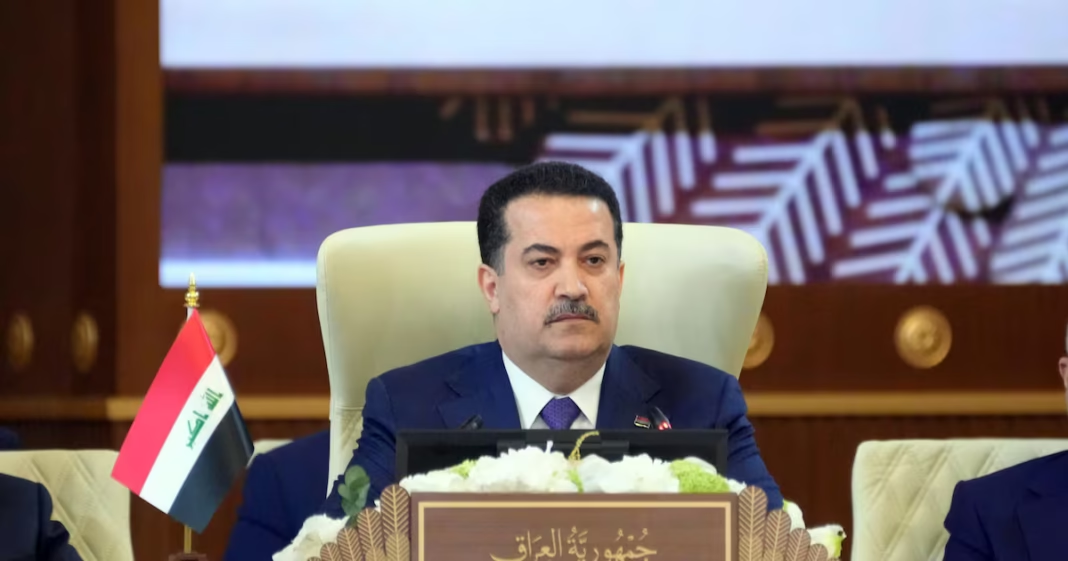Digital banking is reshaping financial services in Iraq as technology-driven solutions make banking faster, easier, and more accessible. The Central Bank of Iraq recently introduced rules allowing fully digital banks to operate legally. This milestone signals a major step in the country’s financial modernization and opens new opportunities for both banks and customers.
Modern digital banking platforms provide round-the-clock access, allowing customers to manage money anytime through smartphones or computers. Users can check balances, transfer funds, and pay bills in just a few taps. These tools eliminate the need to visit branches or wait in long queues. For banks, digital banking offers a chance to build stronger relationships through personalized insights and 24/7 support.
Iraq’s first fully digital bank, First Iraqi Bank, allows customers to open accounts, transfer money, and apply for loans entirely online. Following this, Al-Fawr Digital Bank, also known as InstaBank, raised $15 million to launch AI-powered services. Their platforms focus on individuals, small businesses, and institutions seeking faster, more efficient banking. The developments demonstrate how digital banking in Iraq is improving financial access and customer experiences.
Traditional banks are also embracing technology. The National Bank of Iraq upgraded its mobile app, Digibanc, allowing safer and more convenient transactions. Customers can now manage finances quickly while banks reduce operational costs. Meanwhile, encryption, biometric authentication, and AI enhance security, detect fraud, and provide personalized recommendations. Regulators are promoting secure payment systems to encourage a move away from cash.
Challenges remain, including limited internet coverage, low digital literacy in rural areas, and cybersecurity threats such as phishing or data breaches. Experts recommend better internet infrastructure, educational programs, and improved communication between the banks and clients to overcome these hurdles.
Despite these obstacles, optimism is strong. Government support and the private innovations are driving faster adoption. Licensing rules, anti-money laundering measures, and the data protection laws ensure safe, trustworthy services. Digital banking is helping Iraq expand financial inclusion beyond urban areas and reduce costs while increasing transparency.
Digital banking in Iraq represents more than technology. It reflects an economic and cultural shift, creating a modern, connected financial system. With continued innovation and strong government support, Iraq is on the brink of a digital banking revolution that could transform money management for years to come.
By Zainab Emad Sherzad



